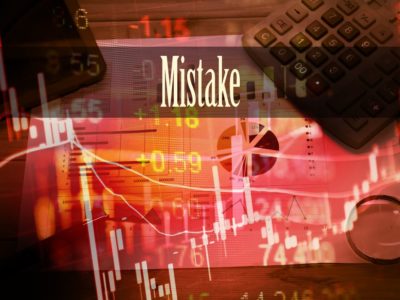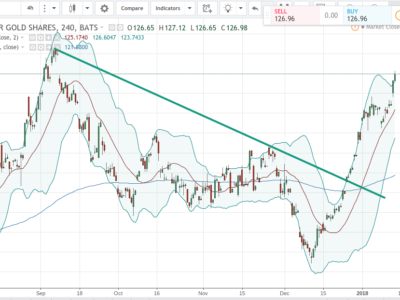Investing and Debt Problems – Should You Invest or Repay Debt?
For many, there is a mutually exclusive chasm between debt and investing. Indeed, the bridge from one side of the crevasse to the other is perceived as a time-consuming process of squirrelling money away to chip away at the red, and, once successful in this venture, doing the same to accumulate a bit of green next to your name before swooping with an investment.
But what if there was a way to expedite this transition from struggling debtor to investor, without so much as even a leap of faith?
The fact is that there is a weapon at your disposal to go from A to B in quick time, and it comes in the form of debt consolidation loans. We’ve all been bogged down financially at some point, and something like credit cards offer a quick fix in the short term. The difficulty comes in when you’re left paying off debts and/or loans with a sky-high APR, which presents an obstacle not only to the world of investing, but also to living a debt-free life.
That’s where consolidating your debts into one affordable ‘bucket’ can do the job for you. Getting your hands on a low-cost loan to pay off your more expensive debts, and leaving yourself in a situation where you’re making a single repayment each month, at an APR you can afford, represents a positive forward step in taking control of your finances.
Depending on the amount of debt you have, this can save you hundreds or thousands of pounds in interest over a period of a few years. But that’s not the only benefit. Rather than juggling different debts, with different APRs, and with differing repayment amounts and repayment dates, you’re left with the low cost, hassle-free situation of a single direct debit each month to take care of it all.
Can taking on debt to invest ever be justified?
While consolidating debt is a logical step, taking out unsecured debt to invest is something no financial adviser worth their salt would ever advocate. After all, the rule of thumb is that the interest you pay on a loan is more than the interest you receive on savings (and most investments), so therefore the first priority is to eliminate debt.
There are theoretical exceptions to the rule of course. For those with a good credit history, getting a personal loan with an APR of around 5% is not uncommon, and if you are borrowing at a rate that is less than the percentage gains you make on an investment, your net asset value would increase.
The problem though is that there isn’t an investment in the world which can offer returns in excess of 5% without at least some degree of risk. This is where the important distinction between secured and unsecured borrowing comes in, and, as an example, taking out a personal loan for a punt on an investment shouldn’t be confused with acquiring a mortgage to pay off one’s house. The former can cause immeasurable financial harm, and should really be considered a non-starter.
Don’t worry, you’ll get there!
Yet while it is important to note the clear line in the sand between paying off unsecured debt and becoming an investor, one shouldn’t feel discouraged either. The world of consumer finance has never been as agile and diverse as it is now, and there are many sensible options out there which can steadily improve your net worth. Take the case of the rapidly emerging peer-to-peer (P2P) lending platforms, for example, which operate with a streamlined online business model that matches consumer lenders directly with those seeking a loan, offering particularly competitive rates for both parties given their efficiency. Your best-value debt consolidation loan may well lie with one of them.
And once you reach the coveted status of being debt free, a sound investment opportunity may await therein too. P2P offers lenders the chance to earn returns typically in excess of 6% when lending over a five-year period. True, there is the risk of borrower default, and lenders are not covered by the Financial Services Compensation Scheme. But since its inception 10 years ago, lenders through reputable platforms have consistently enjoyed dependable returns – even during the financial crisis.
But let’s not get ahead of ourselves. The first step is to reduce debt quickly and efficiently. So shop around, and don’t confine yourself to the mainstream when looking for a good-value loan. The best options for you are out there – it’s just a case of going out and finding them.














